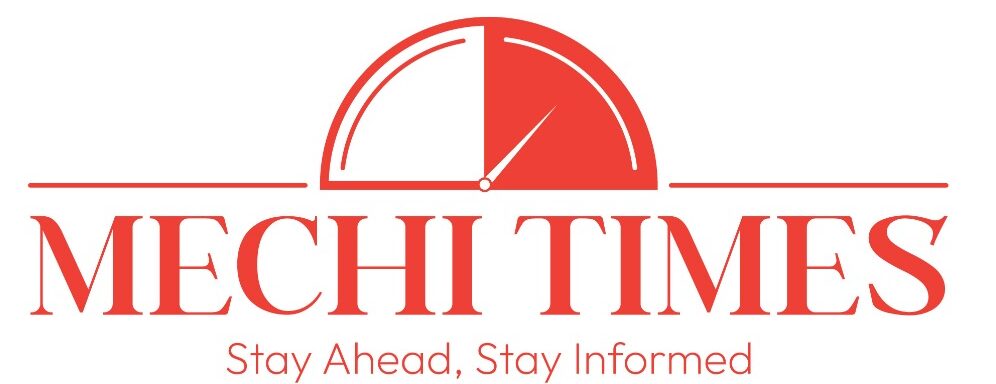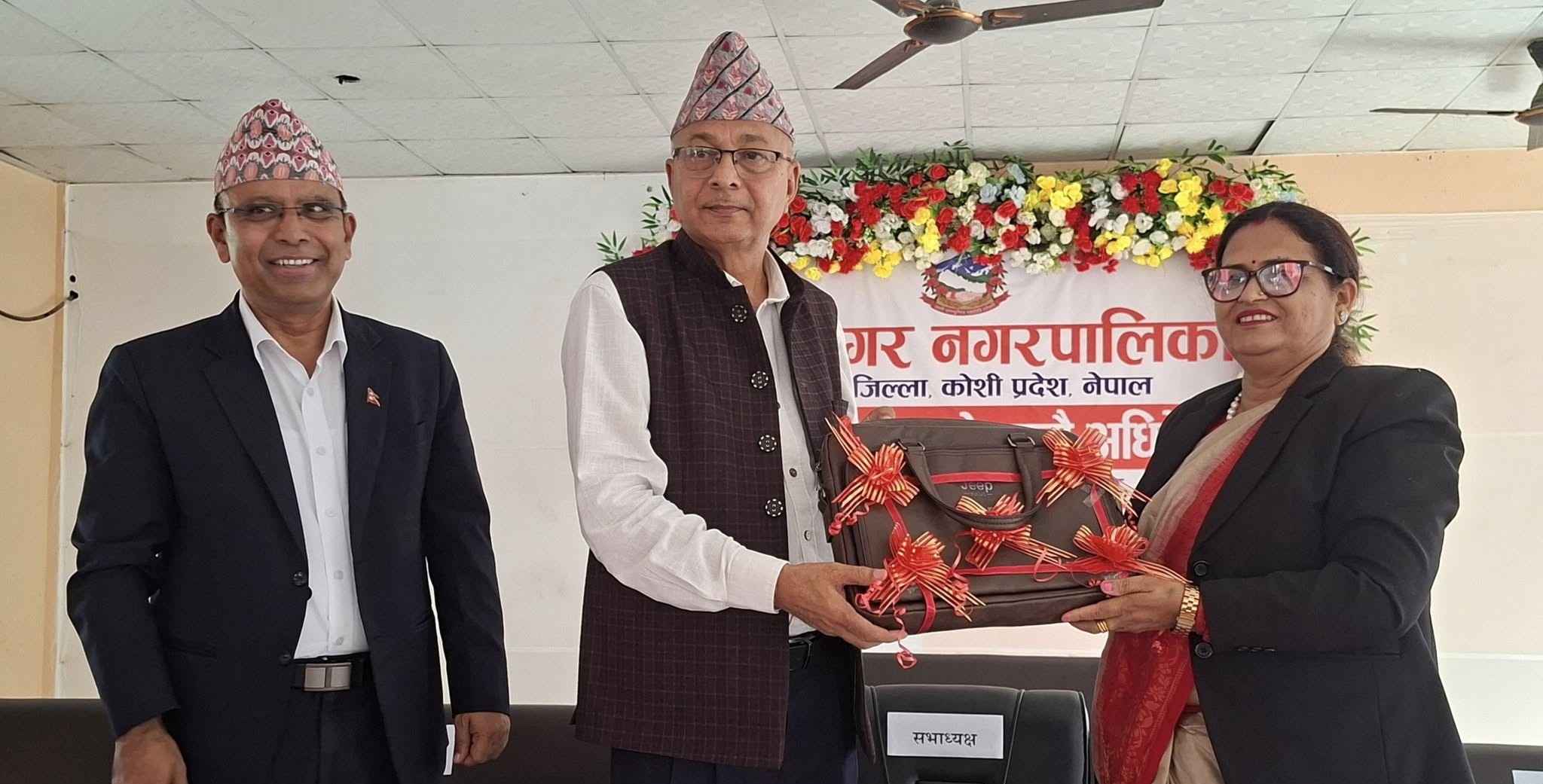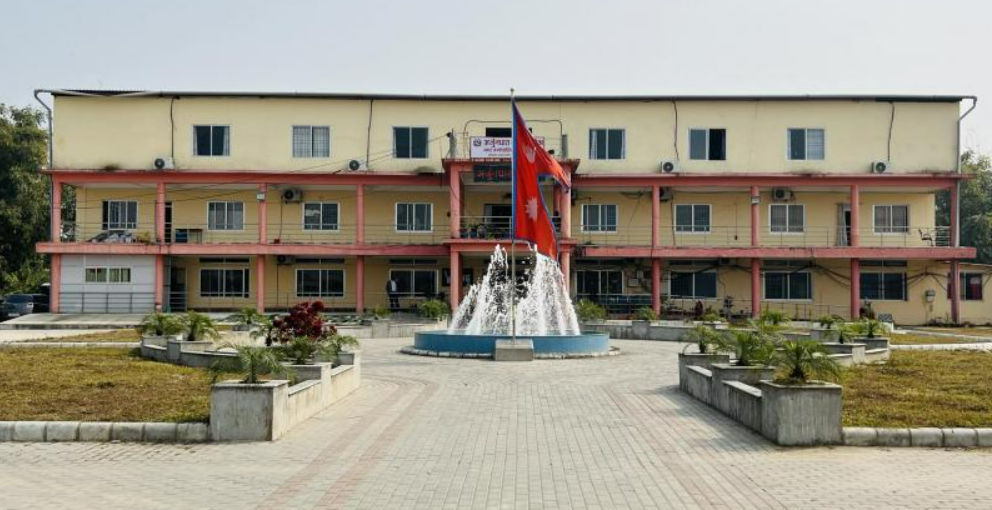In a bold policy shift aimed at empowering local farmers, Mechinagar Municipality has introduced the 'Kisan Credit Card' program in its proposed Rs 1.82 billion budget for fiscal year 2082/083. The budget and annual policy, presented on Tuesday by Deputy Mayor Mina Pokharel Upreti during the seventh session of the municipal assembly, aim to enhance farmers' access to fertilizers, seeds, and finance while also focusing on agriculture, tourism, sports, and waste management.
Mechinagar, a key municipality in Nepal's eastern Jhapa district, is an agrarian region where smallholder farmers face persistent challenges, including a lack of capital, rising input costs, and erratic markets. Over the years, these issues have led to mounting debts and rural distress. Recognizing this, Mechinagar's local government has prioritized farmer relief and structural reforms in its budget planning. The 'Kisan Credit Card' model, which has been long used in India, is being adapted locally to bridge the gap between farmers and financial institutions.
"Our farmers toil from dawn till dusk and still struggle to access basic inputs like seeds and fertilizers. The Kisan Credit Card will change that," said Mayor Gopal Chandra Budhathoki during the assembly.
Deputy Mayor Upreti emphasized the program's broader development agenda: "This budget is not just numbers—it's a roadmap for inclusive prosperity in Mechinagar. Agriculture, tourism, sports, and sanitation are our four pillars."
Chief Administrative Officer Agni Prasad Adhikari added, "Taking loans from banks is a hassle for small farmers. The municipality will act as a facilitator to ensure they get timely and easy credit."

The total proposed budget stands at Rs 1,826,864,399.55, with allocations as follows:
- Current expenditure: Rs 739.69 million (45.27%)
- Capital expenditure: Rs 918.75 million (54.58%)
- Financial management: Rs 2.5 million (0.15%)
Sources of income include:
- Internal revenue: Rs 180 million
- Federal grants (conditional and equalization): Over Rs 800 million
- Provincial grants: Rs 237.5 million
- Revenue sharing: Rs 188 million
- Land registration income: Rs 113.5 million
Sectoral Highlights:
- Agriculture: Subsidies for Indigenous crops (millet, yam), crop insurance, mini cold storage, and treatment camps
- Tourism: Rs 10 million to develop land near tea plantations (acquired from Nakalbanda Tea estate)
- Sports: Rs 10 million for Second Mechinagar Sports Mania and Mechinagar Playground
- Sanitation & Environment: Rs 75 million for waste management, recycling units, and border fencing to prevent elephant incursions
The introduction of the 'Kisan Credit Card' marks a turning point in Mechinagar's local governance, reflecting a shift from subsidy-based aid to structural financial inclusion. It could significantly reduce farmers' reliance on informal lenders and help modernize agricultural practices. Simultaneously, the municipality's balanced approach—investing in tourism, youth sports, and environmental protection—signals an effort to diversify its development priorities beyond just agriculture.
Moreover, allocations for landless Dalits, squatters, and unorganized settlements indicate a growing awareness of social equity in municipal planning.
Mechinagar's proposed budget for 2082/083 demonstrates a bold and inclusive approach to municipal governance. By placing farmers at the heart of its economic agenda and introducing the Kisan Credit Card, the municipality is striving to build resilience in its rural economy. The proposed investments in agriculture, tourism, sports, and the environment signal a vision for a more prosperous and balanced future—but, as always, successful implementation remains the ultimate litmus test.







